 The Romani are an ethnic group found mainly in Europe. They are also known as Roma. In English they are often called Gypsies. Some Roma consider « gypsy » a slur. The Roma are a nomadic people that originally came from the northern Indian subcontinent,[1][2][3] They came from the Rajasthan, Haryana, Punjab and Sindh regions.
The Romani are an ethnic group found mainly in Europe. They are also known as Roma. In English they are often called Gypsies. Some Roma consider « gypsy » a slur. The Roma are a nomadic people that originally came from the northern Indian subcontinent,[1][2][3] They came from the Rajasthan, Haryana, Punjab and Sindh regions.
A DNA study by Indian and Estonian research lbs shows that the Roma/Romani/Gypsy and Sinti people originate from the Untouchable Dalit community of their ancestral homeland. They migrated northwest into Europe via the Middle East. Today there are populations of Romanis found all over Europe, although the largest populations are in Eastern Europe, and the Religion are: Eastern Christianity, Catholicism and Islam. Baptism by the Christian Roma and Male Circumcision by the Muslim Roma is practise.
There are various groups of Romani: the Roma of East European birth; the Sinti in Germany and Manouches in France and Catalonia; the Kaló in Spain, Ciganos in Portugal and Gitans of southern France; and the Romanichals of Britain.
The Roma language is now an official language in many countries of Europe under the European Charter for Regional or Minority Languages.
History
The 18th-century idea about the Indian birth of the Roma is based on the likeness between Romani and languages spoken in the Indian subcontinent and is now supported by genetic evidence. The origins of the Roms were not known until 1763, when a theology student named Stefan Vali met Indian medical students. He noticed that they were physically similar to the Roms he saw in Hungary. He also noticed that they were using similar words.
It is believed to have been around the 11th century that Roms left India to go northwest, through Persia and the Middle East. Around the 15th century, the Roma reached the Balkans. From there, they dispersed through Europe. The first arrivals were well accepted. European people thought they were Christian pilgrims. The local people of Europe were fascinated by their nomadic way of life and their new sciences. The Roms were often recruited as mercenaries, horse trainers and circus artists. Roms were crossing Europe aboard large caravans which contained their luggage.
Roms also left a great musical heritage. Guitars and violins are part of their traditions. They influenced a lot of musical styles in Europe, such as flamenco, rumba, jazz, etc. During World War II, Roma people suffered from the Nazis‘ discriminative policies. Statistics show that about 500,000 Roms died in Nazi concentration camps.
On 8 April 1971, the Roms’ nationality was legally recognised in Europe. Since this day, 8 April is the Roms national day.
Persecutions
Even though they have been recognised, they still suffer from discrimination. Some countries still apply discriminative attitudes towards Roms, especially in workplaces and schools, where they are not accepted. The main reason why they are not accepted is that they kept their nomadic lifestyle, which is against the law in some countries like France. Their squatting communities irritate locals. The Romani created an association in 1978 to defend their rights.
The day was officially declared in 1990 in Serock, Poland, the site of the fourth World Romani Congress of the International Romani Union (IRU), in honour of the first major international meeting of Romani representatives, 7–12 April 1971 in Chelsfield near London.
International reaction
Pope John Paul II exhorted his followers to treat Romanies with compassion and respect.
In 2003, the Dalai Lama lit a candle to commemorate the day.
In 2004, Adam Ereli of the US State Department addressed the continuing human rights abuses faced by Romanies and asked European governments to encourage tolerance.
In 2006, Maud de Boer-Buquicchio, Council of Europe Deputy Secretary General, stated her concerns for growing Antiziganism and encouraged Europe’s Romani populations to act to improve their poor living conditions, the result of longstanding and widespread discrimination.
In 2009,U.S. Secretary of State Hillary Clinton spoke of the U.S. commitment to protecting and promoting the human rights of Romani people throughout Europe.
Source: Text & Image: Wikipedia, the free encyclopedia
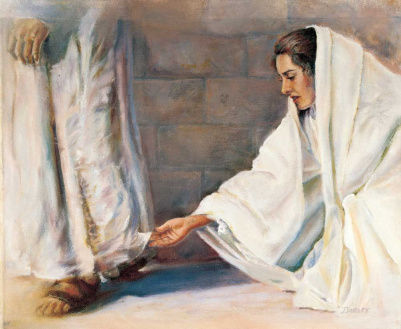

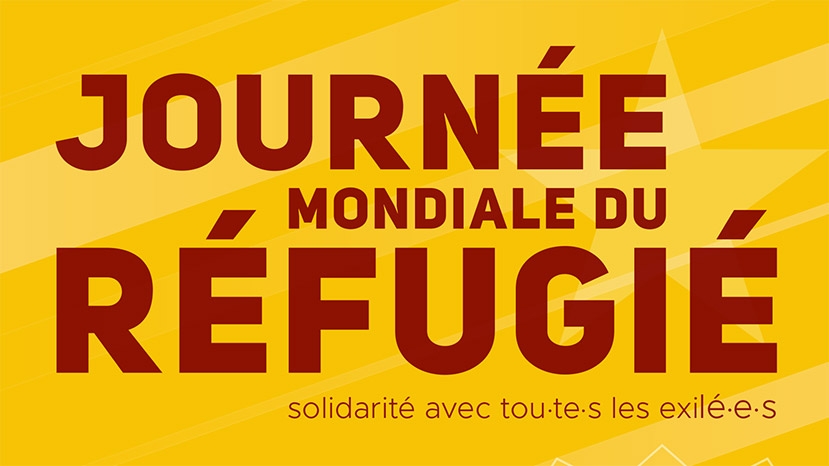 Pendant des années, plusieurs pays et régions ont célébré leur propre Journée des réfugiés, voire parfois leur semaine. L’une parmi les plus connues, c’est la Journée africaine des réfugiés, qui est célébrée le 20 juin dans plusieurs pays. En témoignage de solidarité avec l’Afrique, qui abrite le plus grand nombre de réfugiés, et envers qui elle a toujours montré une grande générosité, l’Assemblée générale des Nations Unies a adopté la résolution 55/76 le 4 décembre 2000.
Pendant des années, plusieurs pays et régions ont célébré leur propre Journée des réfugiés, voire parfois leur semaine. L’une parmi les plus connues, c’est la Journée africaine des réfugiés, qui est célébrée le 20 juin dans plusieurs pays. En témoignage de solidarité avec l’Afrique, qui abrite le plus grand nombre de réfugiés, et envers qui elle a toujours montré une grande générosité, l’Assemblée générale des Nations Unies a adopté la résolution 55/76 le 4 décembre 2000.


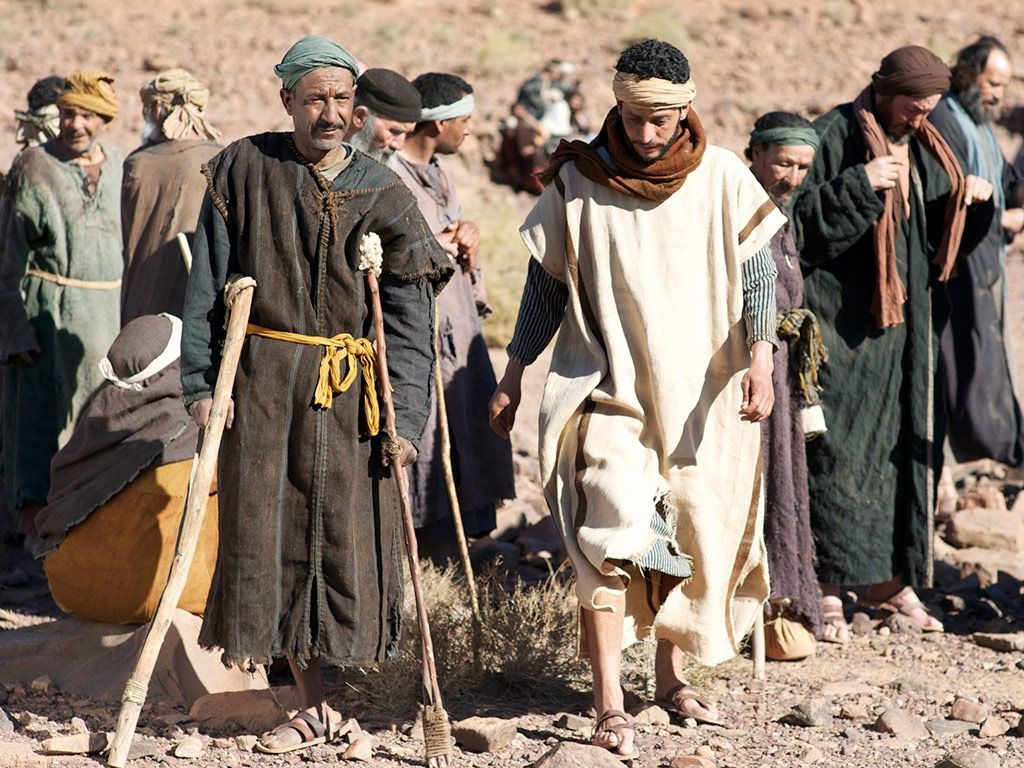




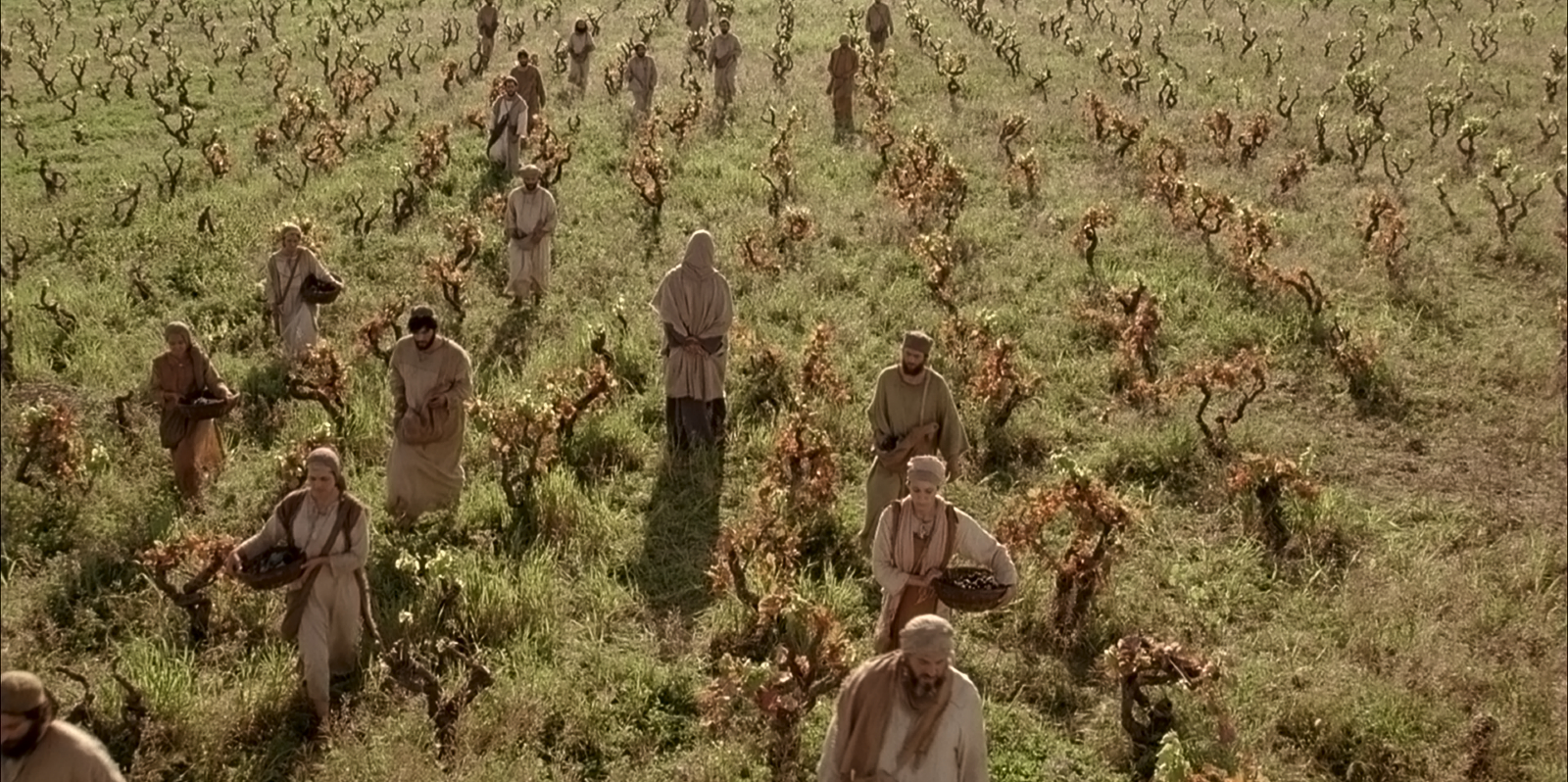
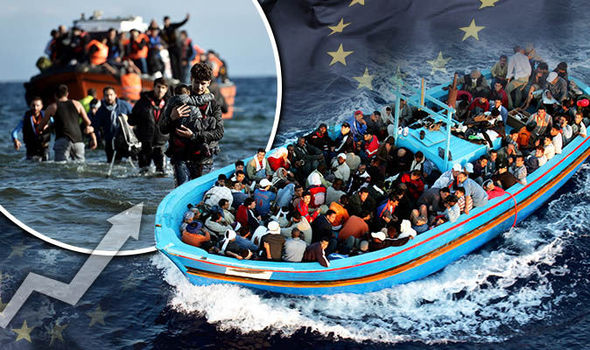 Le bulletin de nouvelles internationales (BBC World, 1er juillet 2017) nous informe que le mois dernier près de 11000 réfugiés sont arrivés sur les rives de l’Italie en seulement cinq jours…
Le bulletin de nouvelles internationales (BBC World, 1er juillet 2017) nous informe que le mois dernier près de 11000 réfugiés sont arrivés sur les rives de l’Italie en seulement cinq jours…